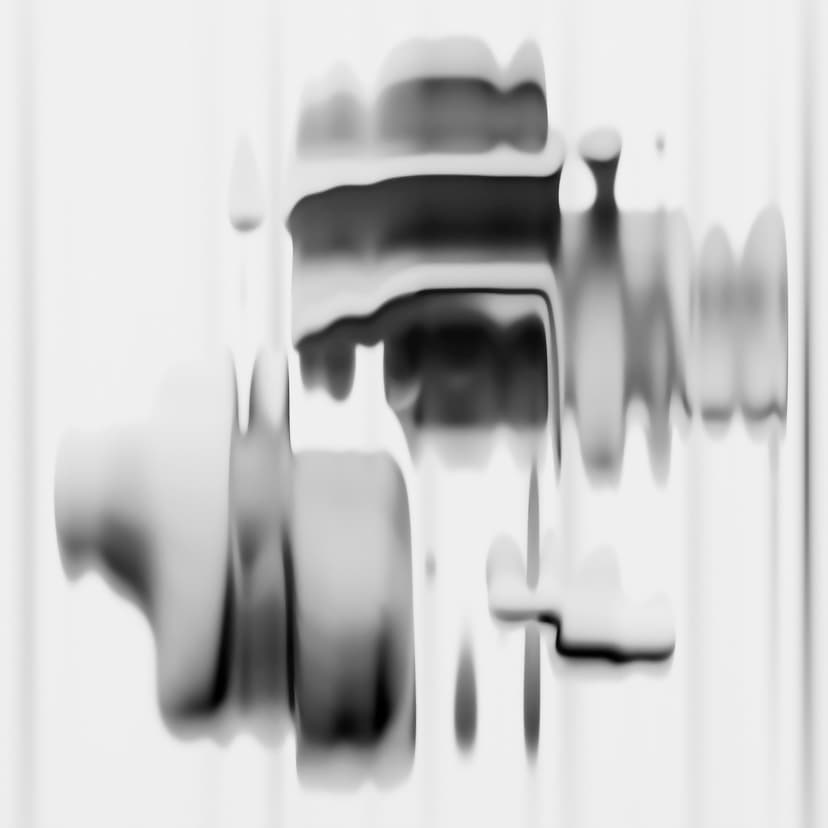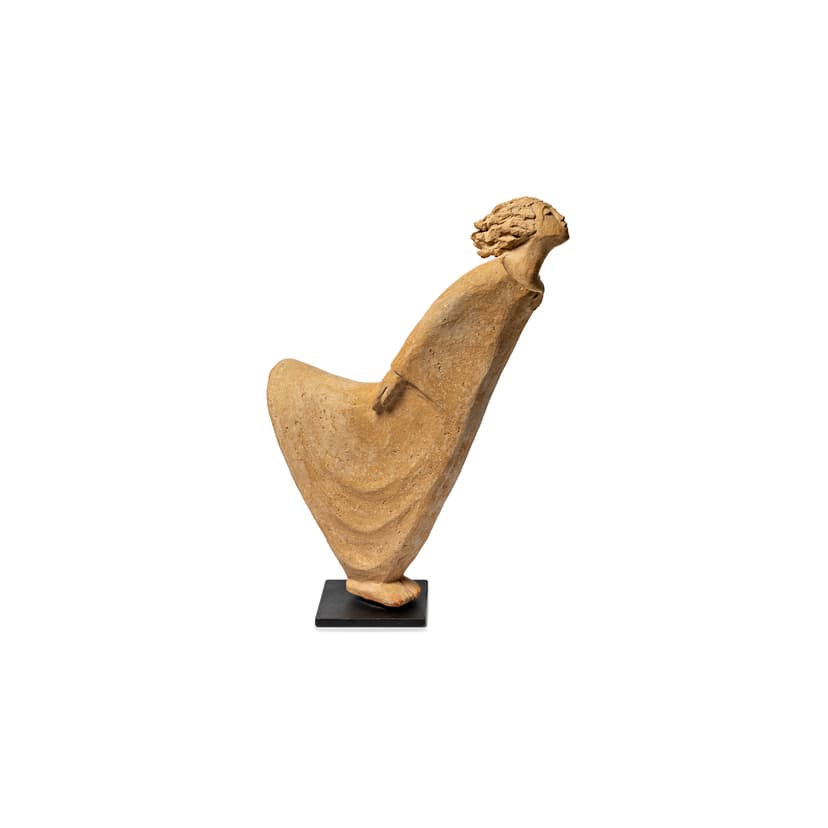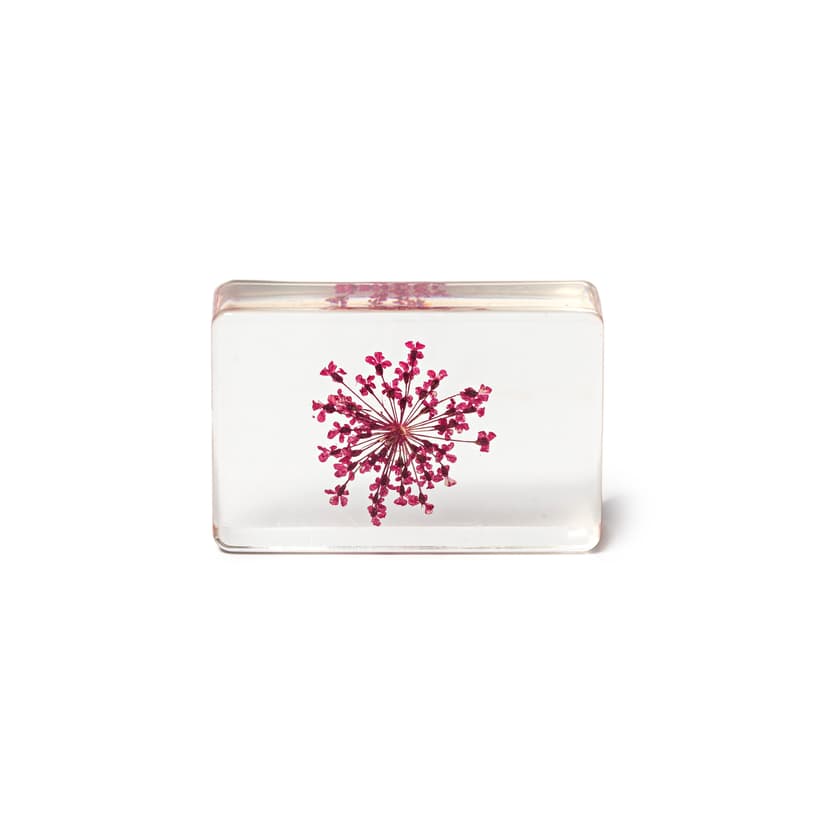It was two weeks before Christmas 1941, on Palm Sunday, when Lübeck's city center was completely destroyed. Towers collapsed and burned. Everything lay in ruins. Lübeck was once the sixth-largest city in Germany by area. The city owed its existence to Duke Henry the Lion. He's still alive in Lübeck today. (?) The city was considered impregnable with its three main gates and two large defensive walls. They're still standing today, if anyone wants to see a picture of them.
At that time, we lived outside the city, in Lübeck-Siems. I was eight years old when the war started. We lived in one of the turn-of-the-century summer houses. The Wehrmacht had a food depot across the street, so there was a bunker there. When there was an air raid warning at night, we all went in there: Mother, my two siblings, and I. My father was stationed on the west coast of France, building and repairing submarines. Our area was the approach path for Allied planes heading for Berlin. They tried to shoot them down with grenades, but they didn't fly high enough, and all that came down was a shower of shrapnel. To this day, I can't say why we weren't hit.
Because my father wasn't there, I was the man of the house and had to represent the father. There wasn't much free time. Because of the nightly bunker visits, I was short on time, and especially on sleep. I was still only in school, but the lack of sleep was taking its toll on my body. During the war years, I barely grew. I grew up later in life. On top of that, I had to work in the German Jungvolk, the youth organization of the Hitler Youth. Of course, we in Lübeck had to join the navy. That was a hard time for me. Draft refusal wasn't an option.
As the man of the house, I had to make sure we had enough food. That wasn't easy because food was limited. Every family had ration cards to buy groceries. They meant 62.5 grams of butter, 55 grams of sugar, and two kilos of potatoes. Everything was rationalized. The grocer I worked for trusted me a lot because of my age and let me stick stamps for two hours every Sunday. It was a responsible job because the cards were billed to the government. Only once did I steal a butter stamp, when we had nothing left. I only did it so my siblings could have something to eat. I never told my parents. It was my responsibility. I hid the extra card among the others so Mother wouldn't notice. When Father came back after the war, it didn't do me any good. But that's a personal family story.
After the war, the British came, and we had to leave our house. My mother was heavily pregnant with my little sister. We couldn't take much with us, but what we could, we loaded onto a borrowed flatbed truck, which I pulled. That was bitter. After a few years, we were able to return to our house in Siems. After the war, everything became more free. I stayed a child a little longer. At 14, I started an apprenticeship as a carpenter. Even as a little boy, I wanted to do this, and I still do carpentry today.
In the spring of 1947, I met an acquaintance who wanted to attend a gymnastics event. Sports clubs were only allowed to meet again after British approval. I was so enthusiastic about gymnastics. I did gymnastics for ten years. I wasn't good, but I enjoyed it. The sport was my passion. Our neighbor was the local representative of Siems, who regularly met with the British town commandant to negotiate what could take place in the town again. I told him to apply for a sports club for Siems. It worked. So, I am the originator of TSV Siems.
I moved out at 21, which wasn't easy. Housing was scarce. Everything was full of refugees from East Prussia. My future mother-in-law fled. Luckily, she didn't come by ship. She had a bad feeling about it and went back down to try to get there overland. That same ship capsized.
I married her daughter, who later became my wife, in 1957, when I was 26. We moved into a terraced house. What I did was build concrete pillars in the basement. If bombs fell again, these pillars would provide protection. Luckily, that never happened, but I've never forgotten the nights in the bunker. That stuck with me. When you read the news today, you realize it can start again at any time. Even today, at 91, I feel a responsibility towards my siblings, but also towards my children. What you inherit cannot be controlled, cannot be avoided. It is a destiny that comes from the brain, but also from your genes.




